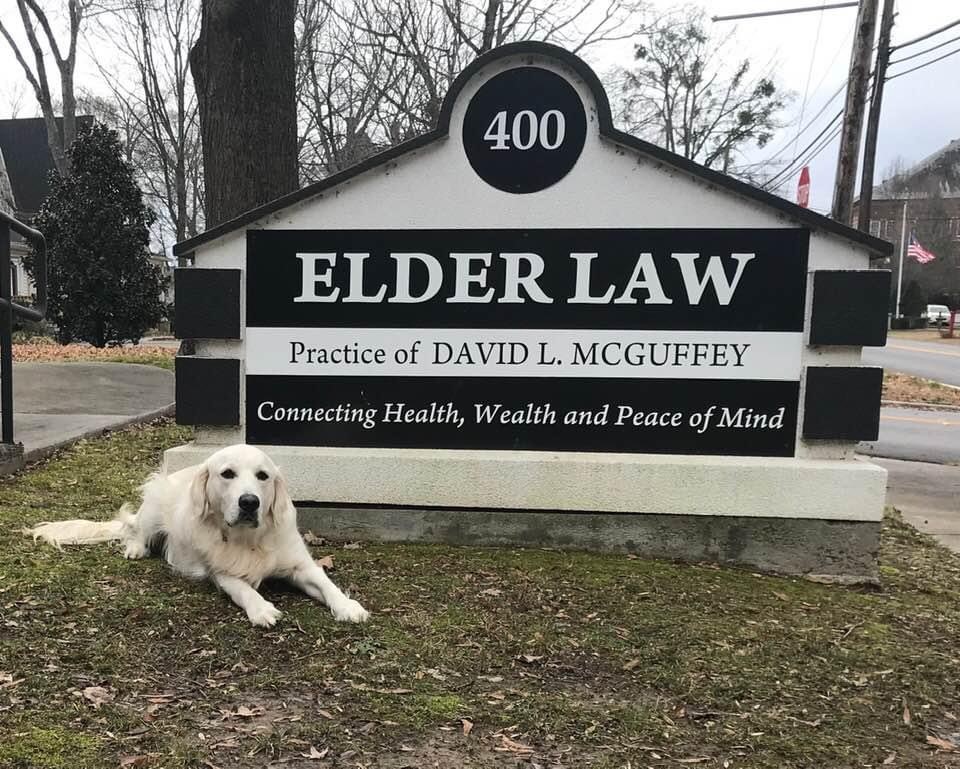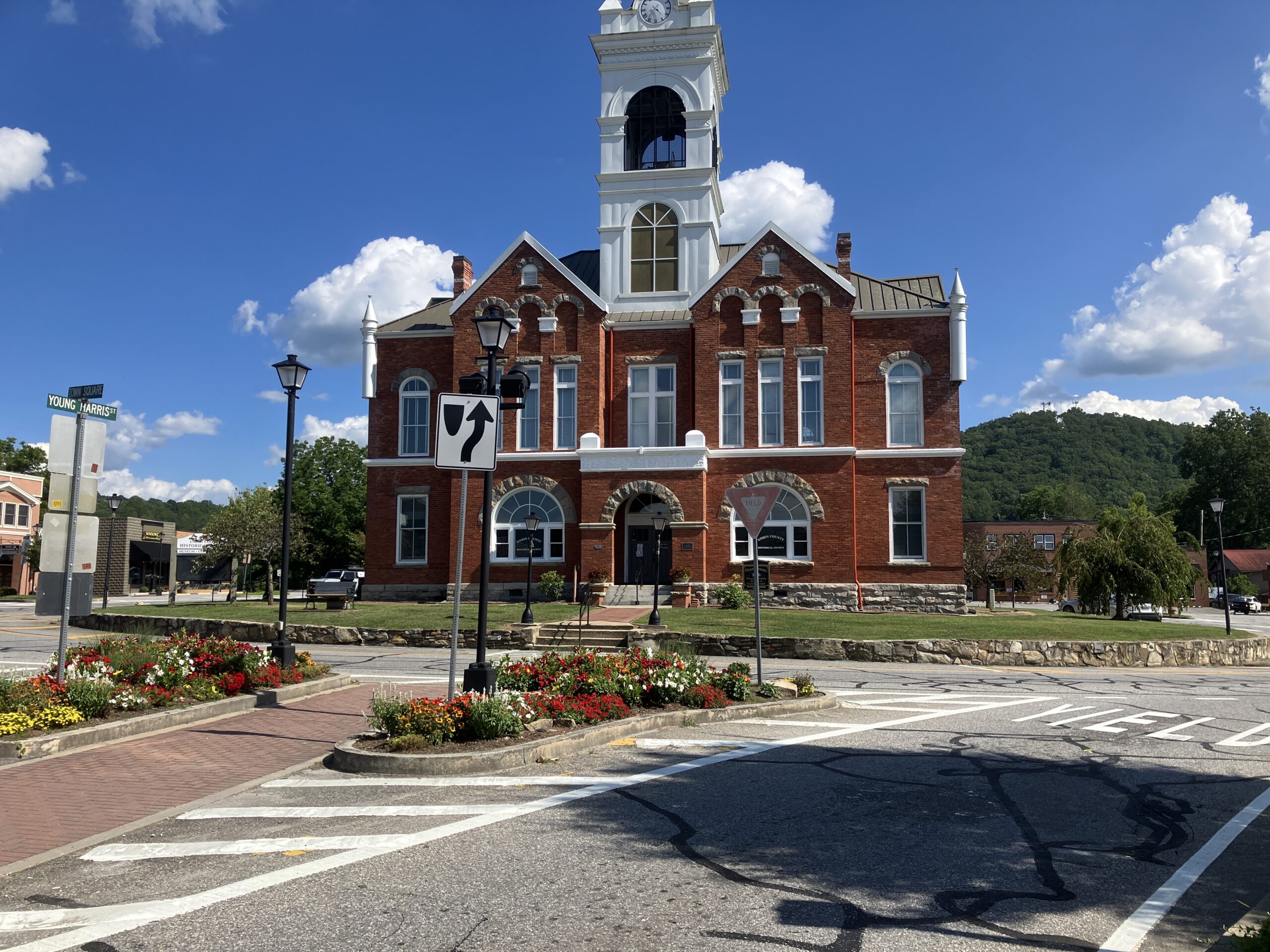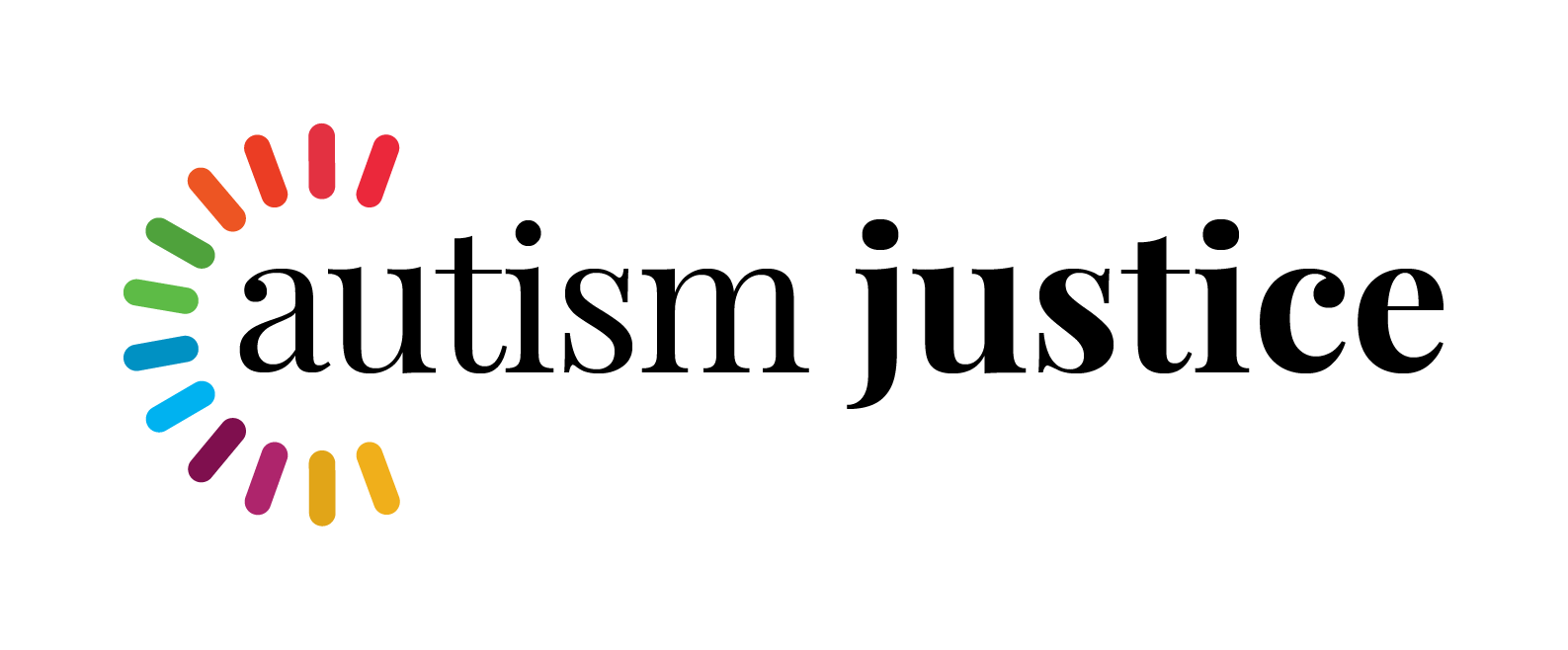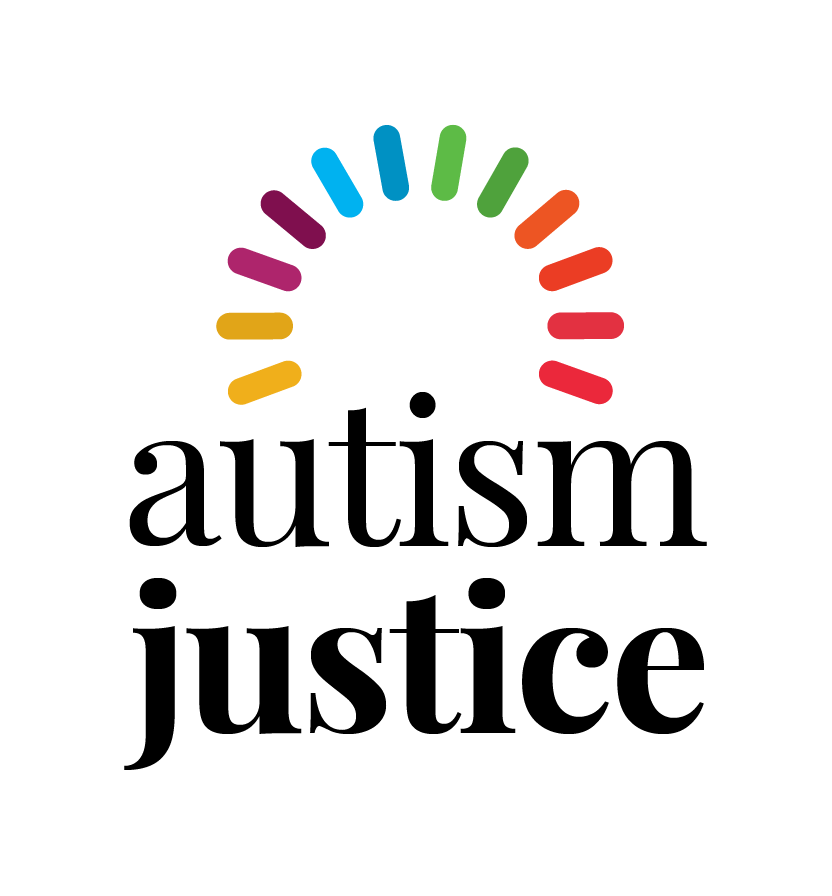Certain individuals are required to report elder abuse, or abuse of an at-risk disabled adult. In that regard, Georgia law provides as follows:
O.C.G.A. § 30-5-4. Reporting of need for protective services; manner and contents of report; immunity from civil or criminal liability; privileged communications
(a) (1) (A) The following persons having reasonable cause to believe that a disabled adult or elder person has been the victim of abuse, other than by accidental means, or has been neglected or exploited shall report or cause reports to be made in accordance with the provisions of this Code section:
(i) Any person required to report child abuse as provided in subsection (c) of Code Section 19-7-5;
(ii) Physical therapists;
(iii) Occupational therapists;
(iv) Day-care personnel;
(v) Coroners;
(vi) Medical examiners;
(vii) Emergency medical services personnel, as such term is defined in Code Section 31-11-49;
(viii) Any person who has been certified as an emergency medical technician, cardiac technician, paramedic, or first responder pursuant to Chapter 11 of Title 31;
(ix) Employees of a public or private agency engaged in professional health related services to elder persons or disabled adults; and
(x) Clergy members.
(B) Any employee of a financial institution or investment company having reasonable cause to believe that a disabled adult or elder person has been exploited shall report or cause reports to be made in accordance with the provisions of this Code section; provided, however, that this obligation shall not apply to any employee of a financial institution or investment company while that employee is acting as a fiduciary, but only for such assets that the employee is holding or managing in a fiduciary capacity.
(C) When the person having a reasonable cause to believe that a disabled adult or elder person is in need of protective services performs services as a member of the staff of a hospital, social agency, financial institution, or similar facility, such person shall notify the person in charge of the facility and such person or that person’s designee shall report or cause reports to be made in accordance with the provisions of this Code section.
(2) Any other person having a reasonable cause to believe that a disabled adult or elder person is in need of protective services or has been the victim of abuse, neglect, or exploitation may report such information as provided in this Code section.
(b) (1) (A) A report that a disabled adult or elder person is in need of protective services or has been the victim of abuse, neglect, or exploitation shall be made to an adult protection agency providing protective services as designated by the department and to an appropriate law enforcement agency or prosecuting attorney. If a report of a disabled adult or elder person abuse, neglect, or exploitation is made to an adult protection agency or independently discovered by the agency, then the agency shall immediately make a reasonable determination based on available information as to whether the incident alleges actions by an individual, other than the disabled adult or elder person, that constitute a crime and include such information in their report. If a crime is suspected, the report shall immediately be forwarded to the appropriate law enforcement agency or prosecuting attorney. During an adult protective agency’s investigation, it shall be under a continuing obligation to immediately report the discovery of any evidence that may constitute a crime.
(B) If the disabled adult or person is 65 years of age or older and is a resident, a report shall be made in accordance with Article 4 of Chapter 8 of Title 31. If a report made in accordance with the provisions of this Code section alleges that the abuse or exploitation occurred within a long-term care facility, such report shall be investigated in accordance with Articles 3 and 4 of Chapter 8 of Title 31.
(2) Reporting required by subparagraph (A)(1) of this subsection may be made by oral or written communication. Such report shall include the name and address of the disabled adult or elder person and should include the name and address of the disabled adult’s or elder person’s caretaker, the age of the disabled adult or elder person, the nature and extent of the disabled adult’s or elder person’s injury or condition resulting from abuse, exploitation, or neglect, and other pertinent information.
(3) When a report of a disabled adult’s or elder person’s abuse, neglect, or exploitation is originally reported to a law enforcement agency, it shall be forwarded by such agency to the director or his or her designee within 24 hours of receipt.
(c) Anyone who makes a report pursuant to this chapter, who testifies in any judicial proceeding arising from the report, who provides protective services, or who participates in a required investigation under the provisions of this chapter shall be immune from any civil liability or criminal prosecution on account of such report or testimony or participation, unless such person acted in bad faith, with a malicious purpose, or was a party to such crime or fraud. Any financial institution or investment company, including without limitation officers and directors thereof, that is an employer of anyone who makes a report pursuant to this chapter in his or her capacity as an employee, or who testifies in any judicial proceeding arising from a report made in his or her capacity as an employee, or who participates in a required investigation under the provisions of this chapter in his or her capacity as an employee, shall be immune from any civil liability or criminal prosecution on account of such report or testimony or participation of its employee, unless such financial institution or investment company knew or should have known that the employee acted in bad faith or with a malicious purpose and failed to take reasonable and available measures to prevent such employee from acting in bad faith or with a malicious purpose. The immunity described in this subsection shall apply not only with respect to the acts of making a report, testifying in a judicial proceeding arising from a report, providing protective services, or participating in a required investigation but also shall apply with respect to the content of the information communicated in such acts.
(d) Any suspected abuse, neglect, exploitation, or need for protective services which is required to be reported by any person pursuant to this Code section shall be reported notwithstanding that the reasonable cause to believe such abuse, neglect, exploitation, or need for protective services has occurred or is occurring is based in whole or in part upon any communication to that person which is otherwise made privileged or confidential by law; provided, however, that a member of the clergy shall not be required to report such matters confided to him or her solely within the context of confession or other similar communication required to be kept confidential under church doctrine or practice. When a clergy member receives information about abuse, neglect, exploitation, or the need for protective services from any other source, the clergy member shall comply with the reporting requirements of this Code section, even though the clergy member may have also received a report of such matters from the confession of the perpetrator.
Laws from other states are summarized by the American Bar Association at: http://www.americanbar.org/content/dam/aba/migrated/aging/docs/MandatoryReportingProvisionsChart.authcheckdam.pdf

























